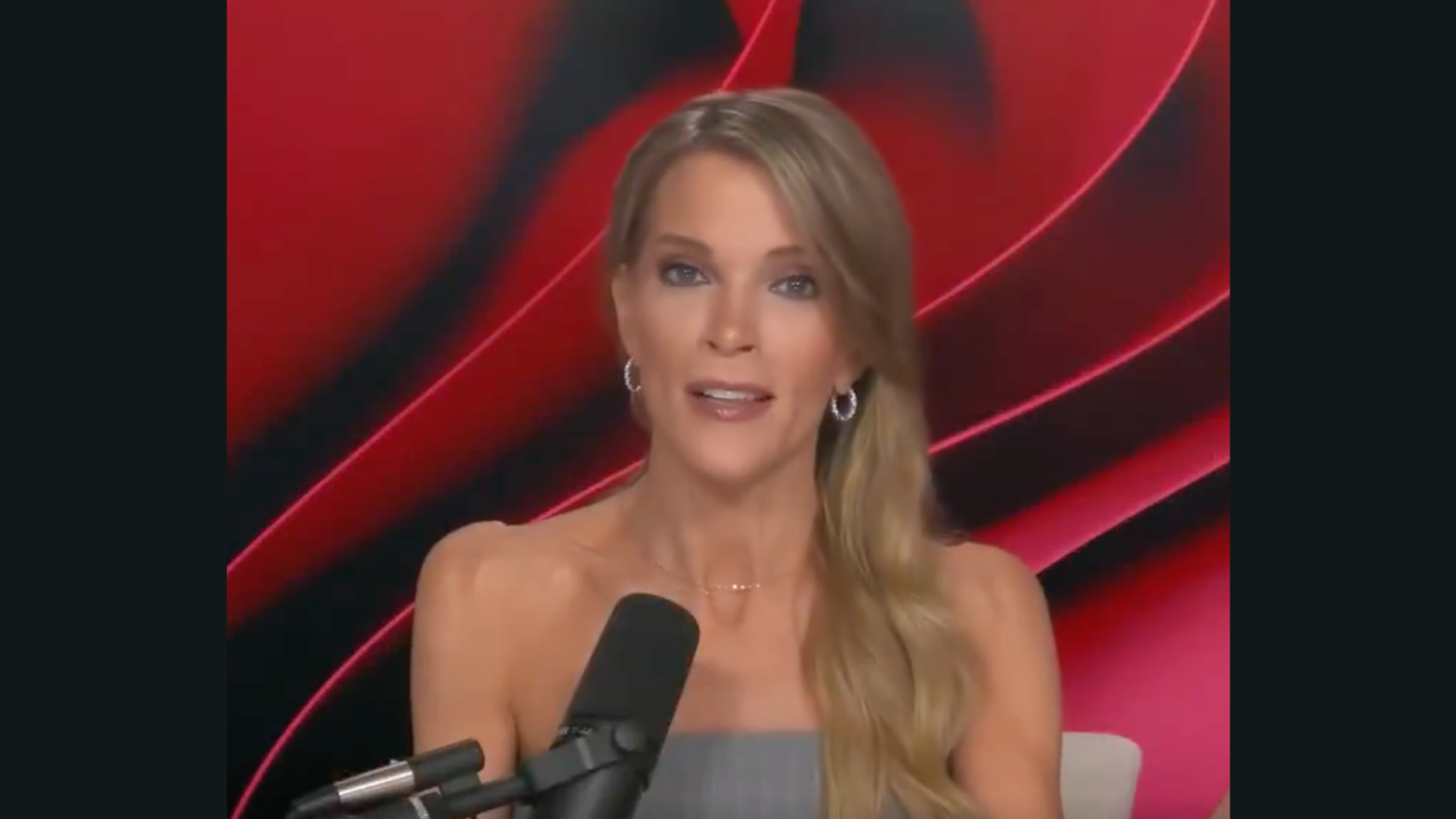In a recent commentary, Megyn Kelly identified several prominent figures and organizations she deemed the “biggest losers” of the 2024 election cycle, highlighting their disconnect with the general public and the political landscape. She opened her discussion by spotlighting Kamala Harris, who, despite spending over $1 billion on her campaign, failed to resonate with voters. Kelly criticized Harris for relying heavily on celebrity endorsements from figures like Beyoncé, Oprah, and Jennifer Lopez (JLo), suggesting that such endorsements alienate families struggling with everyday issues like housing and food security. According to Kelly, the “celebrity crowd” suffered a significant blow in credibility as their influence waned, as voters seem uninterested in their political perspectives amidst pressing personal struggles.
Kelly’s disdain for celebrity involvement in politics extended to stars like Beyoncé, Oprah, and JLo, whom she labeled as “losers” for their attempts to sway public opinion. She sarcastically noted that while people may be interested in their personal lives, such as relationship histories or skincare routines, opinions on economic and political issues were unwelcome. Kelly further emphasized that Taylor Swift also fell from grace in the political arena, noting that her influence had limits. While she had captured the hearts of young audiences with her relatable music, Kelly asserted that Swift’s political views did not resonate with her fanbase, suggesting that the electorate had effectively communicated their disinterest in celebrity activism.
Julia Roberts, another figure Kelly critiqued, became a focal point in her analysis. Kelly mentioned a recent advertisement featuring Roberts, which portrayed a left-leaning narrative on relationships. Kelly pointed out the irony of Roberts, known for a scandalous past involving marital infidelity, representing a campaign that condemned deceit. She mocked the ad for its portrayal of Republicans as unattractive and counterproductive, aligning the ad’s messaging with a broader leftist disdain for opposing viewpoints. Kelly suggested that the narrative promoted by such figures shows a lack of understanding of the very principles of honesty and trust that underpin personal relationships and marriages.
In her analysis, Kelly turned her attention to Joe Biden and his supporters, discussing how key political players, including celebrities and activists, seemingly failed to act decisively as his administration struggled. She criticized figures like George Clooney and their delayed criticism of Biden, implying that their political influence was diminished due to inaction during crucial moments. Kelly’s tone conveyed disbelief that such high-profile individuals could remain silent until the situation became too severe to ignore, indicating a broader disappointment with the inadequacy of their political engagement.
Another key mention in Kelly’s critique was the Lincoln Project, an organization that once prided itself on opposing Trump’s presidency. She questioned their relevance and the lack of significant gains or credibility in the space of American politics. Kelly characterized the Lincoln Project as a “bottom feeder,” suggesting that despite their efforts to position themselves as a major player in the political arena, they ultimately remained ineffective and marginalized. This character assessment of the Lincoln Project aligned with her broader disillusionment with the capacity of celebrity-led political movements to bring meaningful change.
In conclusion, Megyn Kelly’s commentary portrayed a landscape where notable figures in the entertainment industry and specific political organizations seemed to struggle in connecting with the electorate during the 2024 election cycle. By dissecting the failures of celebrity endorsements and the shortcomings of political actors, Kelly articulated a broader narrative of ineffectiveness and irrelevance, positioning these individuals and groups as significant losers in the latest election narrative. Her critique resonated with a sentiment that while celebrity status might carry weight in pop culture, it falls flat in the realms of political discourse, leaving influential figures reckoning with the implications of their missteps.

